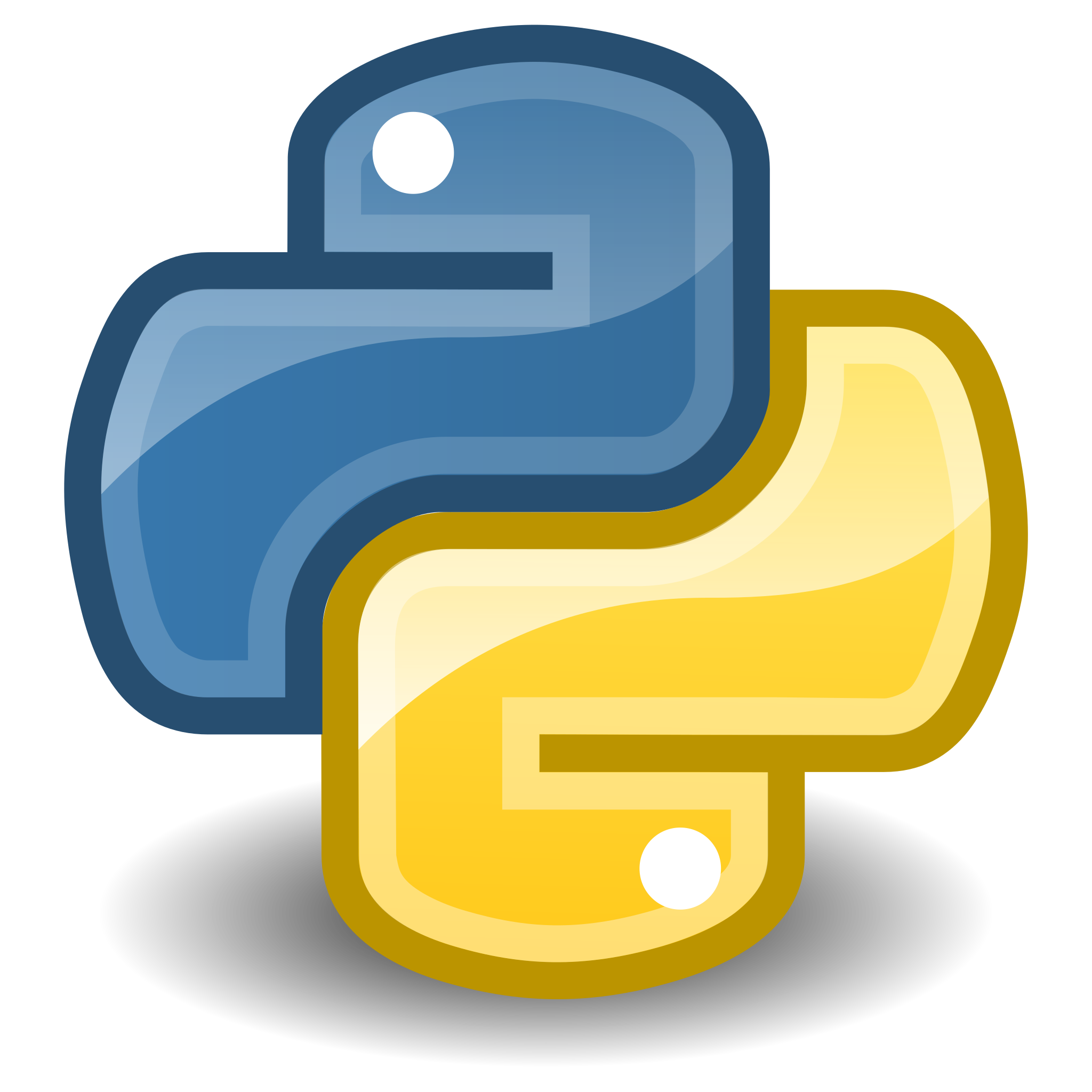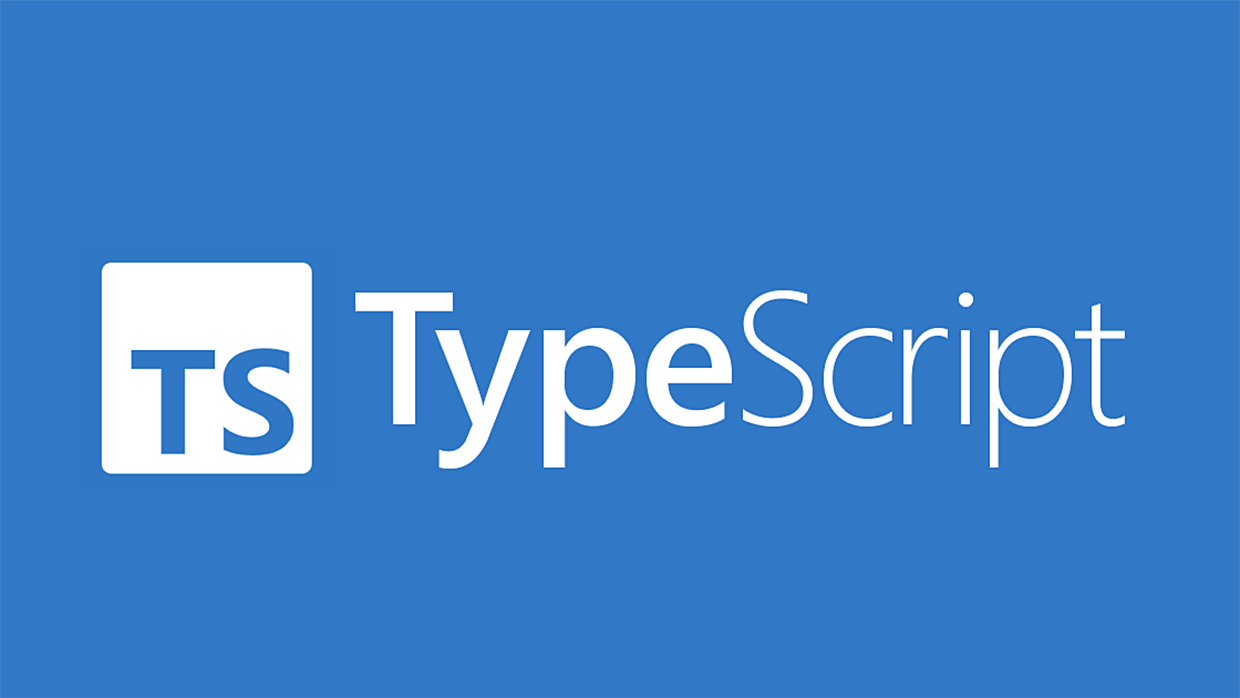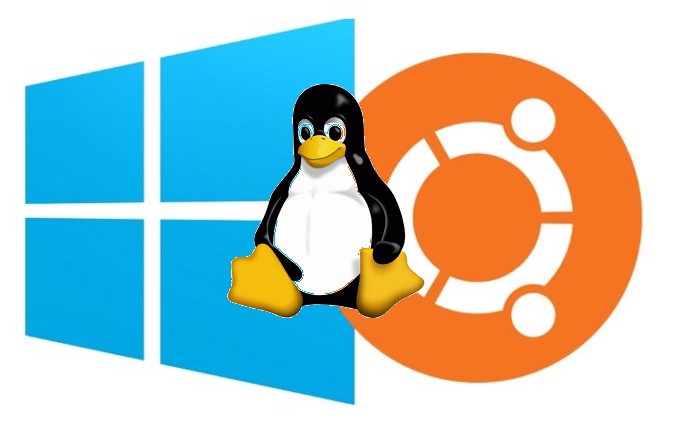How to Install Glances on Ubuntu: A Step-by-Step Guide
Glances is a powerful, cross-platform system monitoring tool that provides a detailed overview of your computer’s performance in real-time. It displays information about your CPU, memory, network, processes, and more in a user-friendly interface. This guide will walk you through the process of installing Glances on Ubuntu. Step 1 –...






Recent Comments